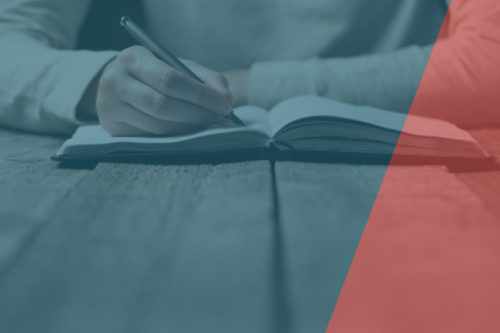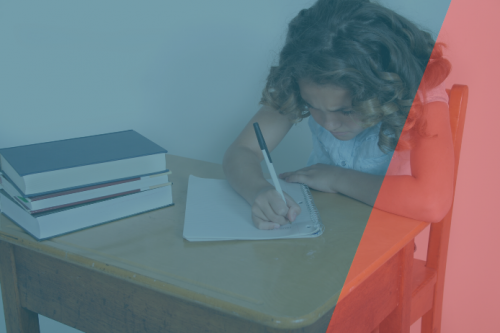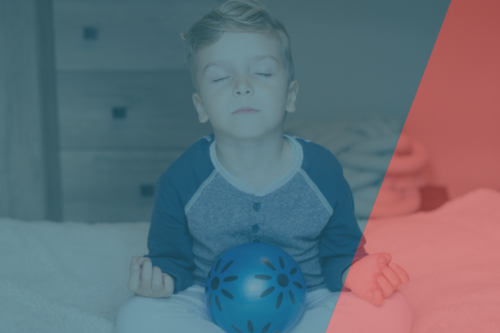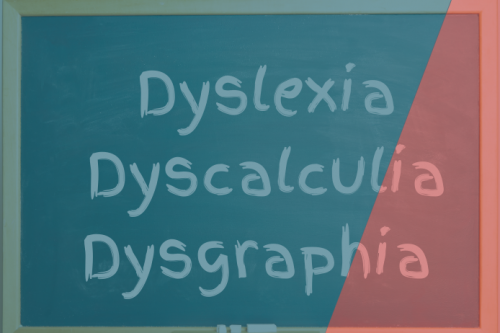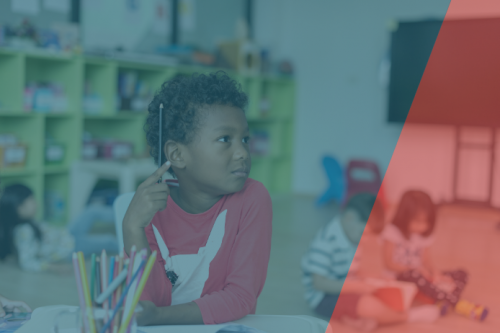Get IEP meeting tips for general and special education teachers.
Pre-K thru High School
A Parent’s Guide to Evaluations, IEPs, and More
Learn about learning disability evaluations, the difference between an IEP and 504 plan, the IEP process, and more from a parent’s perspective.
A Parent’s Guide: What to Expect When Your Child Has LD
Explaining your child’s LD to them, homework strategies, teaching self-advocacy, and more.
An Educator’s Guide to Easing Anxiety in the Classroom
Learn how understanding student’s triggers, teaching strategies, and more can reduce anxiety in the classroom.
EAD Roadmap on Disability History and Civics Extension
Educating young people to take active, constructive roles in our democracy is important for all learners. It is particularly important for young people with learning disabilities, attention issues, and other…
Understanding Dysgraphia, from The International Dyslexia Association
This guide from the International Dyslexia Association breaks down dysgraphia, and provides information on instructional activities and strategies to help individuals with dysgraphia, if dysgraphia occurs alone, and more.
8 Signs your Child may have a Learning Disability, National Institute of Health
In addition to 8 signs of a learning disability, this site has resources on specific learning disabilities as well.
How Can we Help Kids with Self-Regulation? Child Mind Institute
This guide defines self-regulation and emotional dysregulation, explains how to teach self-regulation skills, and more.
Questions Parents and Educators Can Ask to Start Conversations About Using Terms Like Learning Disabilities, Dyslexia, Dyscalculia, and Dysgraphia, National Center for Learning Disabilities
This guide helps parents and educators to navigate using general terms like learning disabilities, and more specific terms like dyslexia, dysgraphia, or dyscalculia.
How to Help Kids with Memory Issues, Child Mind Institute
By Rae Jacobson, writer and content engagement specialist at the Child Mind Institute.






